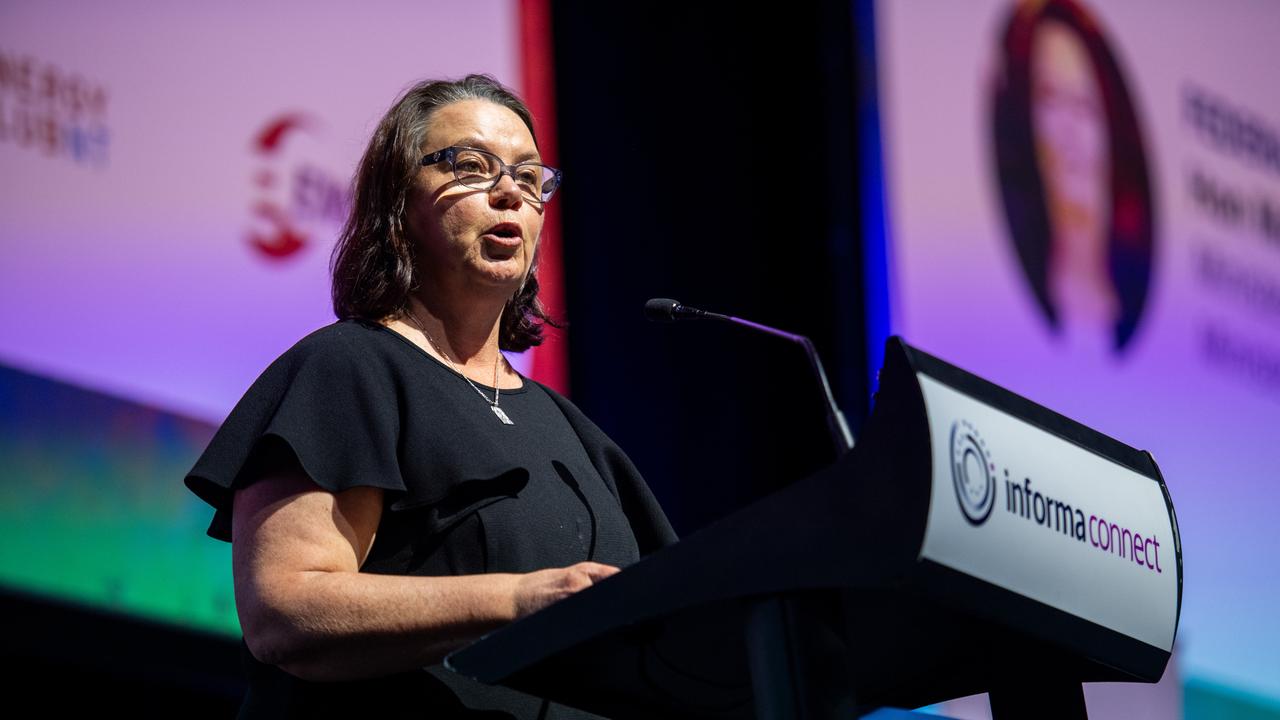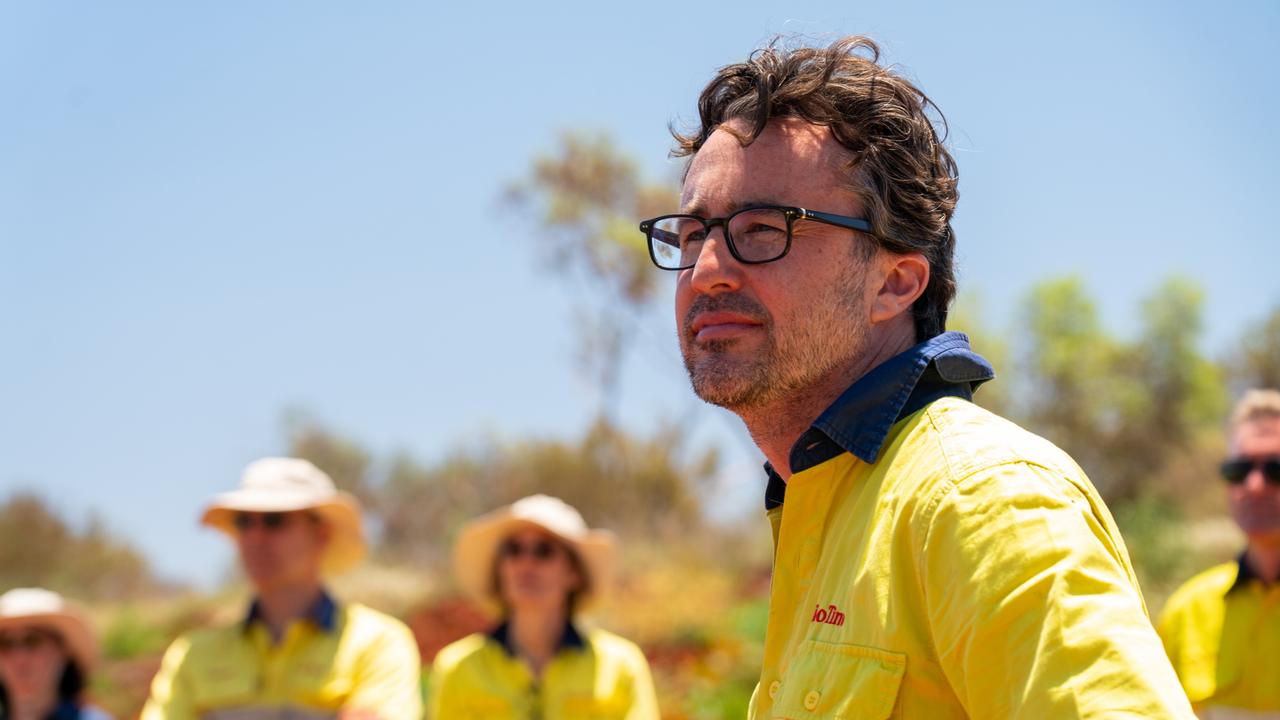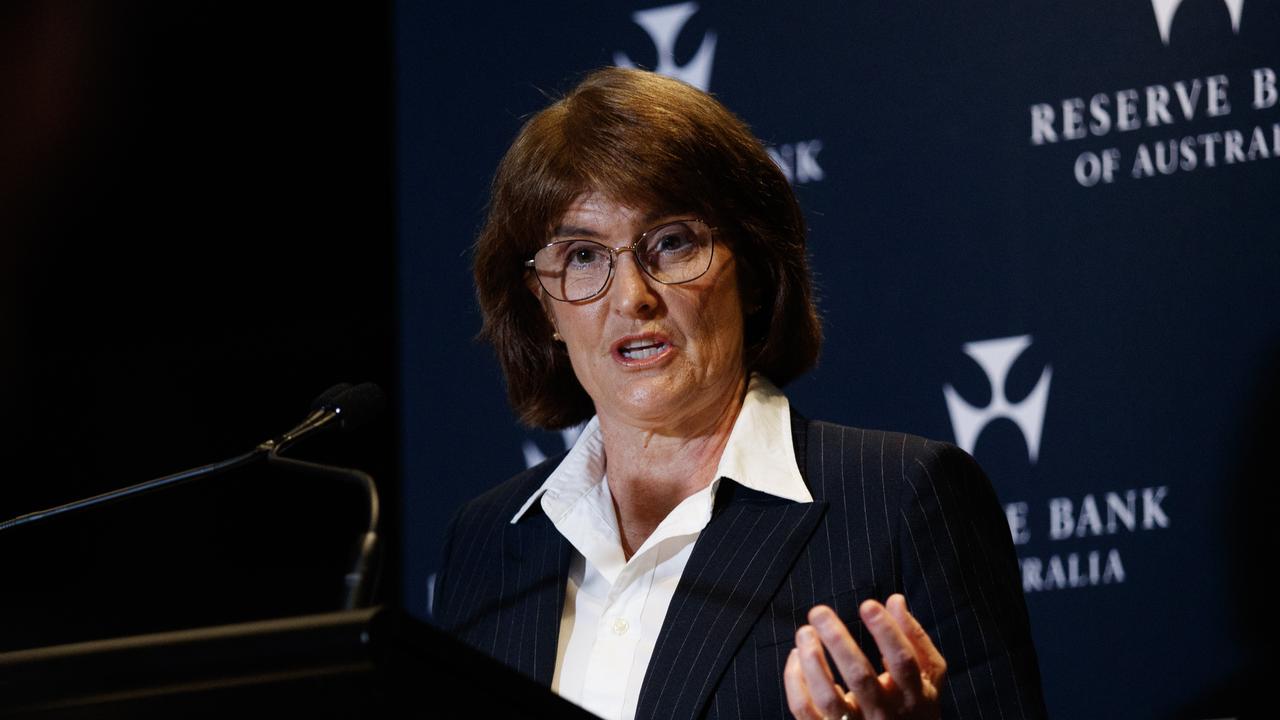When retailing boss Solomon Lew pivots it’s time to take notice
The seasoned retailer is about to embark on another of his trademark counter-cyclical plays.
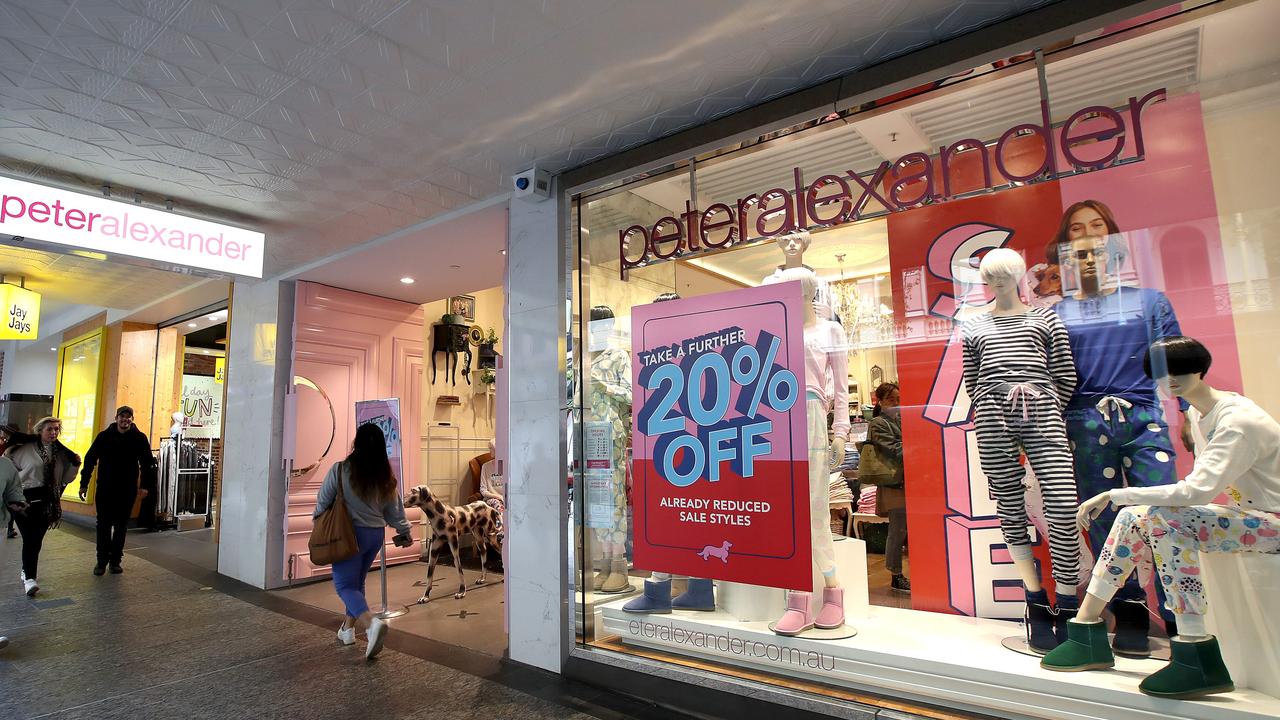
Business
Don't miss out on the headlines from Business. Followed categories will be added to My News.
For Solomon Lew it’s all about timing. And this time around the multibillionaire is about to embark on another of his trademark counter-cyclical plays.
Faced with a very likely slowdown in consumer spending as central banks drive up interest rates, Lew isn’t about to retreat – he is attacking. It follows Lew’s habit of picking up stakes in names from Breville to Myer when no one else would touch them. It also comes from seeing the potential in low profile brands to turn them into global names.
The retailing boss and his chief executive Richard Murray are pivoting. They are now embarking on a push to open dozens of new stores for his two powerhouse franchises Smiggle and Peter Alexander. The openings extend to here and offshore, consolidating both brands as longer term drivers of growth for retailing empire Premier Investments. The expansion flies right against the trend across retail that had set in even before Covid to cut store numbers and use online to drive distribution.

Between the two brands as many as 60 new stores are planned and for pyjama king brand Peter Alexander there is also a push to open big box stores as well as rolling out the online offering into 35 countries, giving a huge footprint.
The brand, which is turning over more than $520m in sales on an annualised measure has positioned itself at the top of the gifting market and so this puts it on the radar during events periods: Black Friday. Christmas, Easter, and Mothers and Fathers Day, so the settings need to be just right in meeting the surge in demand.
Meanwhile, kids stationery retailer Smiggle which counts stores in the UK and Singapore is expanding again after shutting down Smiggle stores that were hit hard through the Covid pandemic lockdowns.
The store openings are about longer term moves for Premier, which counts Just Jeans, Jay Jays and Dotti as more mature brands in its portfolio.
“We’re seeing opportunities that suit the market,” Lew says. “Unfortunately I think there are some difficult times coming for a lot of companies that are just not capitalised enough or have the management to execute”.
“We’ve got great leadership in our businesses from our perspective and from our board’s perspective, we see real opportunity,” he adds.
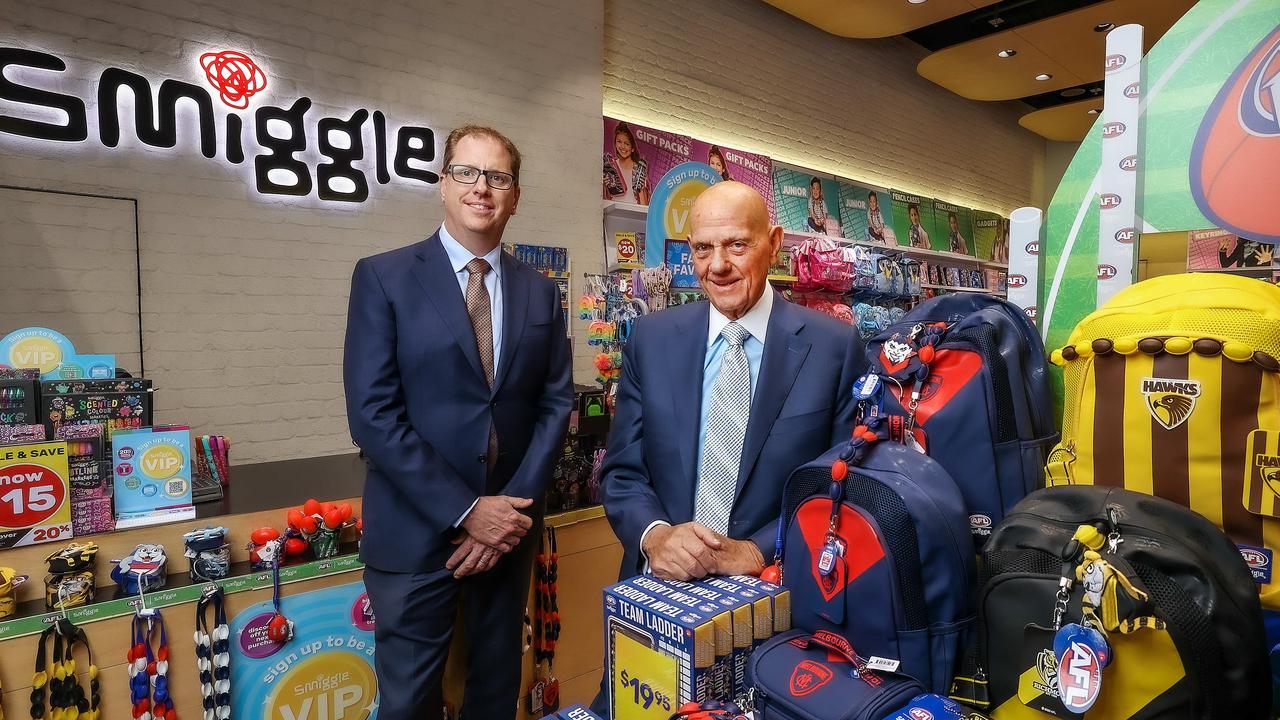
For Lew and Premier the expansion is also partly to bolster his position in the never-ending battle against shopping mall landlords over high-priced rents. Lew has a history of playing hardball with his store network and here seizing the chance to pick up prime outlets left vacant by other brands on the cheap. Indeed landlords will be ready to strike a long term deal on rental costs while momentum is moving against them. At some point the cycle will turn, which means Lew will be positioned several steps ahead of rivals.
Lew finally found a use for the cash that was building up on Premier’s balance sheet – sending it back to shareholders as Lew declared a first half dividend of a full 70 cents a share, including a 16 cent per share special dividend. It came after Premier delivered a first half profit of $174.3 million, up 6.5 per cent. While sales momentum is likely to slow following the burst of catch-up consumer spending after Covid, the company is on track to top $2bn in annual sales within the next two years.
Murray, the former boss of JB Hi-Fi, says as a retailer the aim is to focus on the things you can control. This includes working with suppliers to make sure there is new stock and trends to keep consumers coming back. “There’s a lot of things in our control to make sure we juggle all the complexities of whatever sales momentum is thrown at us,” he says.
Online push
The investment in stores comes at the same time as Premier’s online offering is also being built out. Premier has just switched on a multibrand offering across its Australian websites which means someone buying jeans can also buy some Peter Alexander pyjamas on the same website using the same checkout and the items will be shipped in a single delivery.
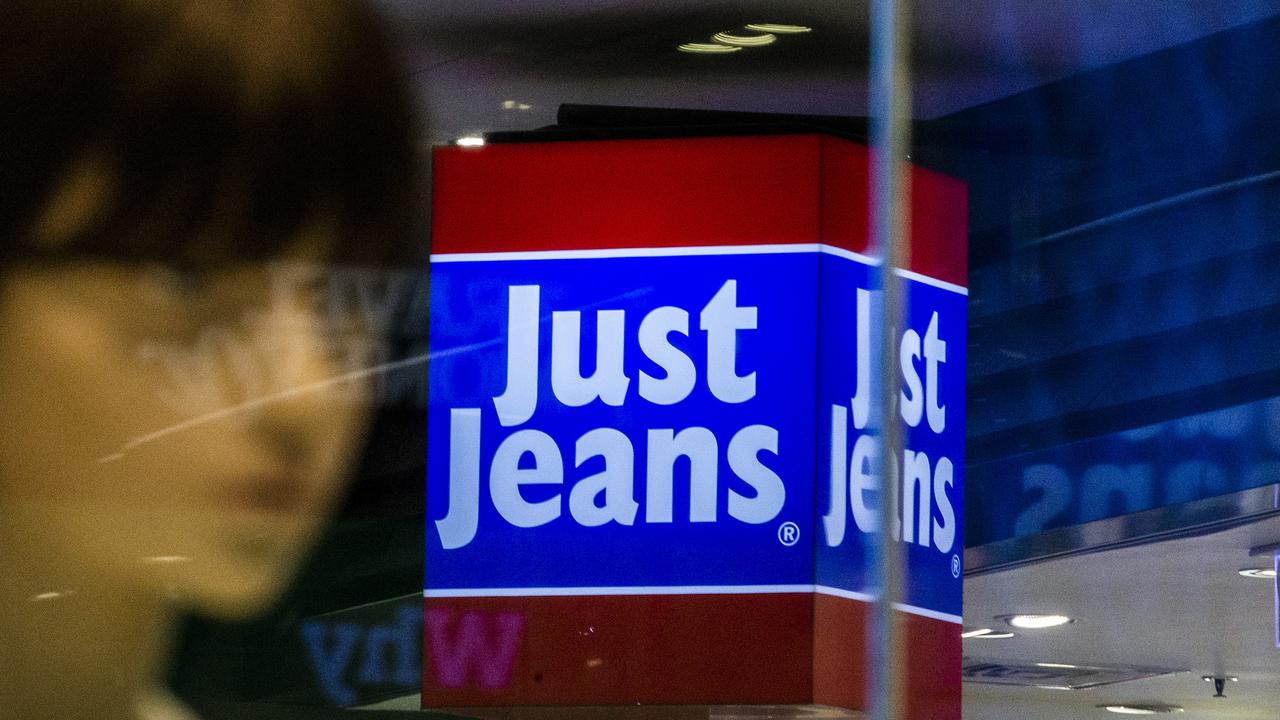
Here Lew is leveraging the benefits of the massive distribution centre that was opened in 2015 for a cost of almost $30m. At the time Premier purchased the site in the city’s west and built its own warehouse, helping to lower costs and cutting out a long term rent cost which would have gone to a commercial landlord. Crucially the move to a single site gave Premier better control over its supply chain allowing Premier to better manage surge periods. Online sales represent 19 per cent of Premier’s total sales, and each item gets a better profit margin. Indeed online is Premier’s most profitable channel.
Meanwhile, Lew wouldn’t be drawn on his intentions for his 25.8 per cent stake in Myer but the department store operator can expect the billionaire to tighten its grip by up to 3 per cent every six months under the creep acquisition rule.
BOQ’s holding pattern
By the time 2025 rolls around, regional lender Bank of Queensland would have had five chief executives and three chairman over a decade. Each one has brought with them their own strategy.
If – and a big if – reinvigorated Victorian regional Bendigo Bank hasn’t yet made its buyout approach as The Australian’s Bridget Carter has written then BoQ faces a market in two years time where ANZ-owned Suncorp will be doing everything to retain customers in the state.
That’s going to be a bloody banking battle in Queensland as others also look to disrupt ANZ’s momentum.
Digital competition will be fierce. Banks from Bendigo, Macquarie to the big four all having their fast online loan approvals in place. Higher interest rates around the world, for longer, means funding will carry a premium while rising costs will force a hard rethink around the role of branches in supporting a bank.
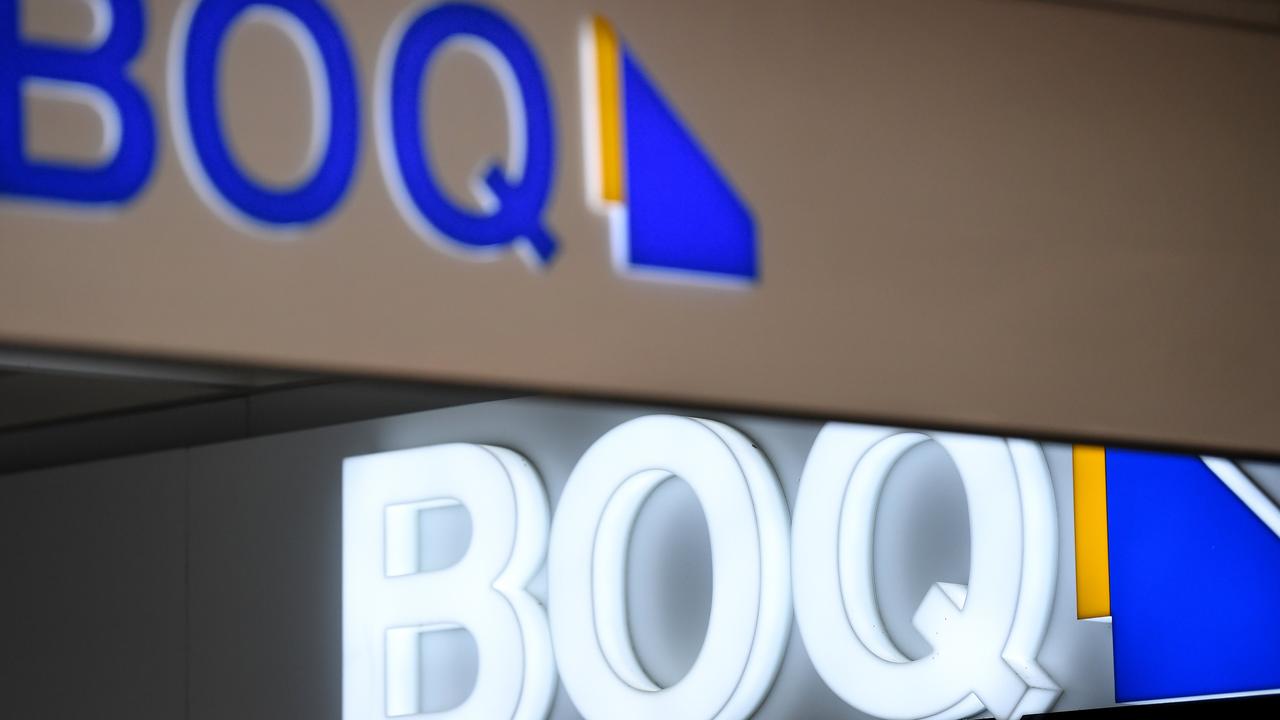
This is the reality of the world BOQ faces, but rather than tackle the issues now with a permanent management team, executive chairman Patrick Allaway is looking backwards by installing himself as CEO for the next two years. There’s been a reshuffle on the BoQ board, with former Colonial boss Warwick Negus stepping up as chairman.
Allaway has awarded himself the role of CEO until December 2024 to provide “stability and continuity” for the regional bank. But his actions do just the opposite. It puts BOQ in a strategic holding pattern, leaving it ripe for a takeover.
Allaway brutally moved on his previous CEO George Frazis last November when he saw alleged governance slippages. At the time, they gave the market nine months to get a new CEO in place. We are not even through month four.
But the message is Allaway and his international executive search have clearly come up short – even with internal candidates.
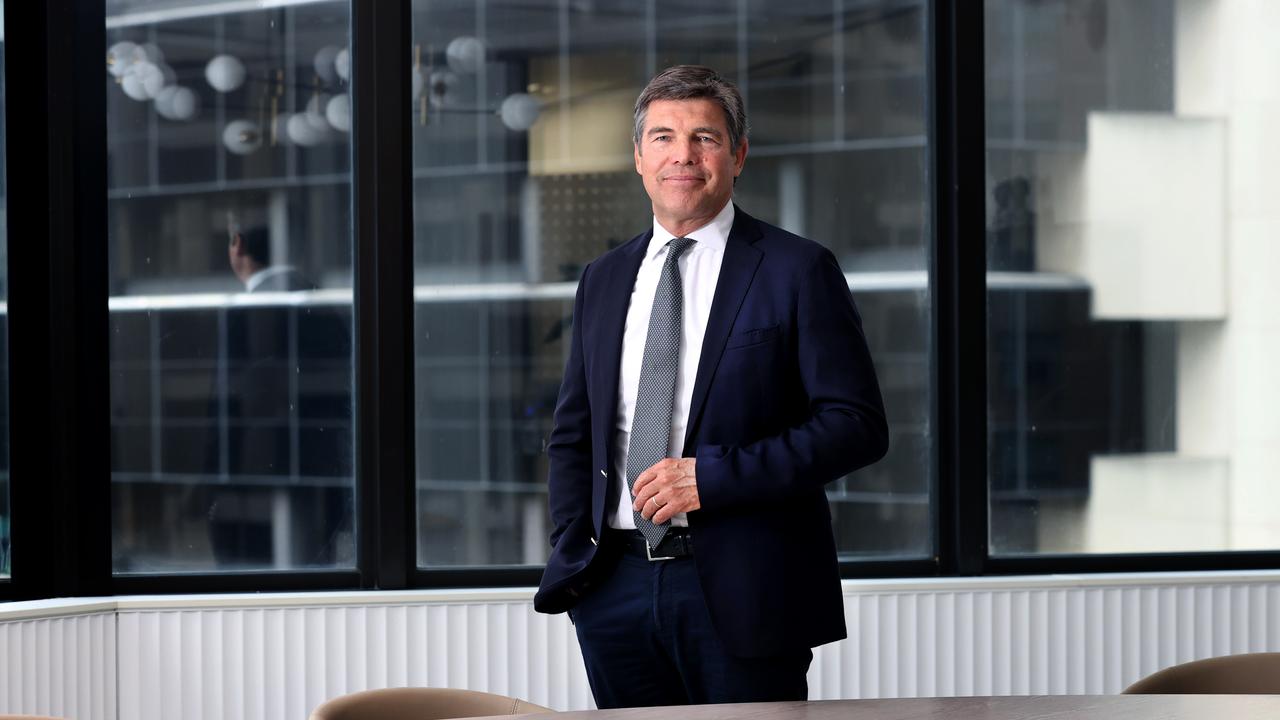
Instead, Allaway has made the wrong decision to install himself to lead a short term management team. In any race, this leaves BOQ two years behind and facing a stopgap strategy until a yet another CEO and another strategy can be found. It also sends the wrong message to the market around internal contenders including BOQ’s retail banking boss and former head of ME Bank, Martine Jager.
Allaway’s executive experience extends to UBS frontrunner and Citigroup, although this was a lifetime ago in banking. More recently he has been a non-executive director on boards from Fairfax Media, Nine Entertainment, Woolworths South Africa and Metcash. He is not an experienced retail banker of the likes of Suncorp’s current CEO Clive van Horen.
All this leaves BOQ in a weakened state just as funding markets are turning against smaller lenders given the global stresses caused by Silicon Valley Bank.
Bendigo CEO Marnie Baker meanwhile is fully focused on the slither of opportunity of moving on Suncorp bank if ANZ’s $4.2bn friendly buyout is knocked back by regulators. A decision on this is expected by the end of June.
Bendigo has publicly played its card of saying it has ambitions of a bigger balance sheet and growing in Queensland. As an investment banker, Allaway should know better – he has just strengthened Baker’s hand – if she does come knocking.
johnstone@theaustralian.com.au
More Coverage
Originally published as When retailing boss Solomon Lew pivots it’s time to take notice




